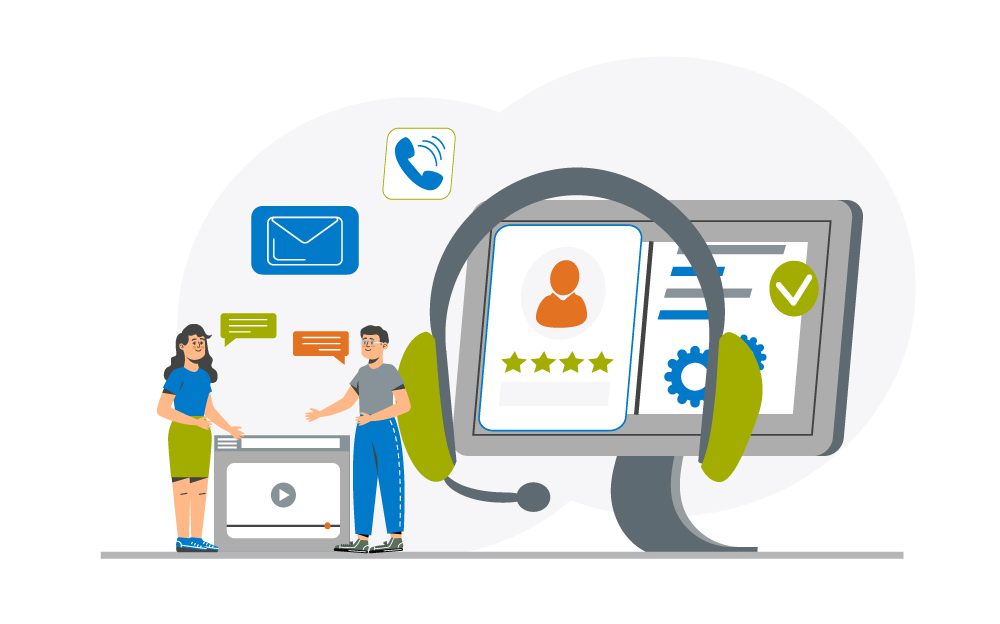Clinical
Faster Workflows.
More Informed Care.
Harmony Healthcare IT offers solutions that give clinical staff more time to focus on patients. With HealthData Archiver®, providers can access complete patient history—within the context of the go-forward EHR—at the touch of a button. Additionally, our AI-powered solution, ClearWay, streamlines clinical registry participation by automating data abstraction and submission, freeing up clinical teams to focus more on patient care.
Why Choose Harmony Healthcare IT?
Single Sign-On
Patient-context Single Sign-On archive integration with major EHRs.
HITRUST Certified
Ensuring we meet the highest standards in data protection and security.
KLAS Ranking
We are consistently ranked high in Data Archiving in the prestigious Best in KLAS Report.
700+ Brands
We have experience with successfully extracting, migrating, and archiving data.
Efficient Archive Workflows for Clinicians
Clinicians often require instant access to an historical patient chart at point of care. HealthData Archiver® offers thoughtful features to assist clinical staff in making informed decisions based on the complete clinical narrative.
Single Sign-On from Active EMR
With Single Sign-On, one authentication connects an active EHR to the patient’s historical medical record in the archive for a comprehensive clinical narrative. This feature saves valuable time and is available for most major EHR brands (Epic, Cerner, Allscripts, Athena, and more). via standards such as Oauth/OpenID, Advanced Encryption Standard (AES), Security Assertion Markup Language (SAML 2.0) and others.
See Legacy Record Exists from Active EMR
Legacy Record Indicator provides a visual cue in the EHR signaling when there are patient records linked in the active archive, HealthData Archiver®. This advanced feature empowers healthcare providers with immediate knowledge that a historical patient record is present, saving time and clicks.
View Multiple Data Sets On A Single Screen
Consolidated Clinical View aggregates a patient’s encounter data across multiple legacy sources on one screen. An intuitive interface presents summarized, holistic views of relevant history, putting the provider and patient at the forefront.
Find and Filter Data, Faster
HealthData Archiver® stores data discretely, enabling time-saving searches for medications, lab values, and other data, as well as the ability to sort in ascending, descending, alpha or numeric order.
Create Custom Reports for Data Mining and Analysis
Attach any ODBC tool to HealthData Archiver® for valuable data mining and analytics. Export and share legacy data to population health management applications, data warehouses, APIs, dashboard/visualization tools*, HIEs, research teams, and more (i.e. Qlik, Tableau, Microsoft Power BI, SAP Business Objects, SYTRUE, etc.).
Consolidate Data from Any Legacy System
Our archive architecture is open and scalable. That means data doesn’t need to be transformed to fit the destination. HealthData Archiver® can efficiently and affordably accommodate and store data from any legacy system, in any format (i.e. CDA, CCDA, CCD, CCR, CSV, XML, HL7, Flat File or FHIR).
Reduce Clinical Registry Burden
AI-Driven Registry Automation
Manual registry abstraction can drain clinical resources and contribute to burnout. ClearWay, our AI-powered solution, automates data abstraction for clinical registries—reducing manual effort by up to 80% while enhancing accuracy and submission speed.
Built with Natural Language Processing (NLP), ClearWay identifies and extracts critical data points from unstructured records—minimizing repetitive tasks and freeing up time to focus on patient care.
With nearly 100% automation and built-in compliance features, ClearWay turns a labor-intensive process into a streamlined, intelligent workflow.
Key Resources
Explore resources on clinical data management, interoperability, and secure access to patient information to support better care delivery.











